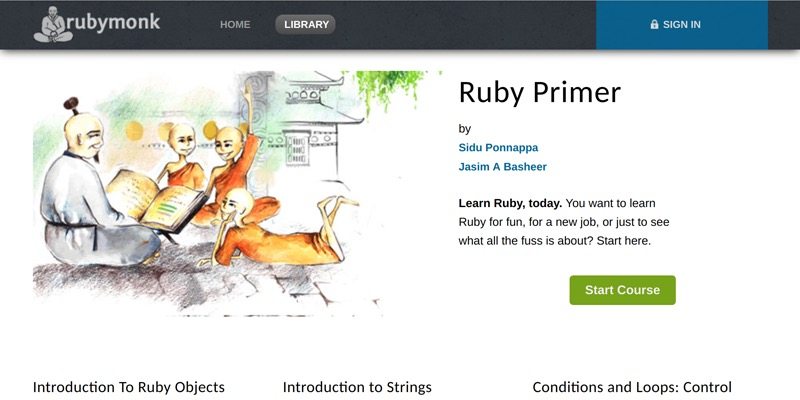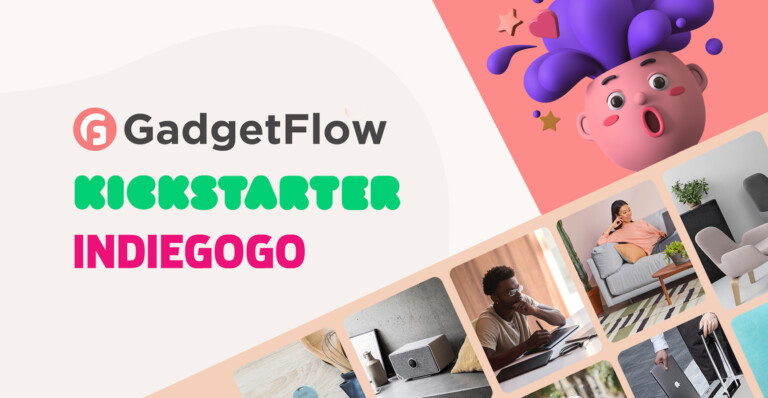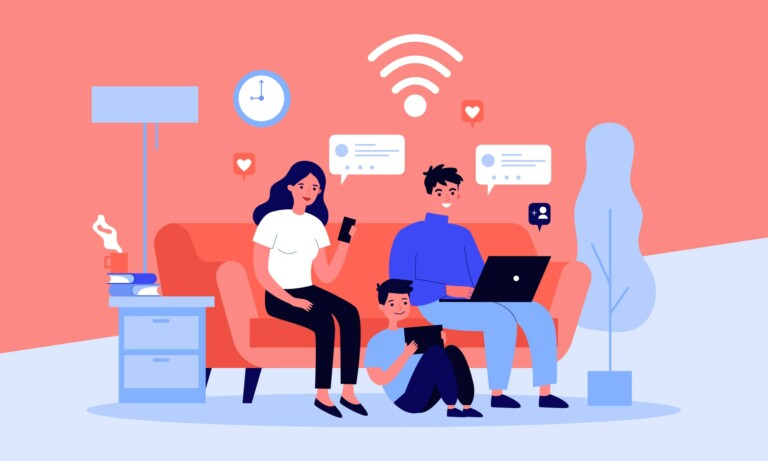The best coding courses for getting started
To quote the late, great Steve Jobs: “Everybody in this country should learn to program a computer, because it teaches you how to think.” Here’s our guide to getting started.

- Why should I learn to code? Programming skills are valued highly at work, and they allow you to take full control of your digital life.
- Which language should I learn? HTML is probably the best starting point, followed by Python or Ruby.
- How do I learn to code? There are loads of great online coding courses out there, and most are very affordable.
Just five years ago, coding skills were largely the preserve of professional developers. But over the past few years, learning to code has become a craze. Why? Because a working knowledge of code can help you analyze data, create your own website, automate your home, and much more. Not to mention, it’s a skill potential employers are eager to see on applications.
If you want to learn some programming skills, these coding courses for beginners will help you get started.

Learn to code
Coding courses for beginners
The very best coding courses encourage you to try things for yourself in a safe environment, while providing expert support and guidance. As a result, you can learn at a pace that works for you and apply your skills as you learn them.

Online courses
So, which language should you learn first? We would recommend…
The best HTML and CSS courses
HTML (Hypertext Markup Language) is the skeleton of every single website and app. In order to create custom layouts and use different colors, you need some CSS (Cascading Style Sheets). The following courses will help you master this dynamic duo.
30 Days to Learn HTML & CSS
This paid-for course is probably the best option for complete beginners. In just five hours, you learn to code your first basic website. (Price: $19/mo. subscription)

Pick up the basics
Mozilla Developer — Getting started with the Web
Created by the folks behind Firefox, the Mozilla Developer site is like an encyclopedia of web coding. This beginner-friendly track helps you master the basics through simple text-based lessons. (Price: Free)
[tweet_box]If you want to learn some programming skills, these coding courses for beginners will help you get started.[/tweet_box]
The best JavaScript courses
JavaScript controls the behavior of your site, from smooth animations to contact forms. Here’s how to master the language.
The Odin Project – JavaScript Course
Designed specifically for complete beginners, this text-based course makes it easy to get started with JS. You get 29 lessons and eight fun projects to try. (Price: Free)

#JavaScript30
#JavaScript30
Once you have the basics in place, this 30-day course will help you elevate your skills. You get daily tasks for a month, challenging you to build something new. (Price: Free)
The best Python course
Python is a powerful and versatile programming language used for data science, game design, AI, and more. It’s also easy to learn — especially with these courses.

Python by MIT
Python Course for Beginners by MIT
This introductory course comes from the world-famous Massachusetts Institute of Technology. It’s completely free, and it covers a lot of ground. (Price: Free)

Learn Python
Intro to Computer Science
For a real-world slant on Python, try this free Udacity course. Over the space of three months, you become acquainted with the worlds of machine learning and neural networks (Price: Free)
The best Ruby courses
Many popular web platforms are built with Ruby — a beginner-friendly language that’s easy to read. Here’s how to get started.

Ruby Monk
Ruby Monk
This small site offers a nice introduction to Ruby through interactive exercises. It has even received praise from the guy who created the language. (Price: Free)
Learn Ruby the Hard Way
It might not sound that inviting, but this book makes Ruby seem simple. It’s free to read online, but the paid-for version comes with great video walkthroughs. (Price: Free / $29.99)
Developers — how did you learn to code? Leave your favorite courses in the comments!

Your inbox is missing this newsletter!
*When you sign up, expect newsletters, promotions, and agree to our Terms of Use, acknowledging our Privacy's data practices.
















